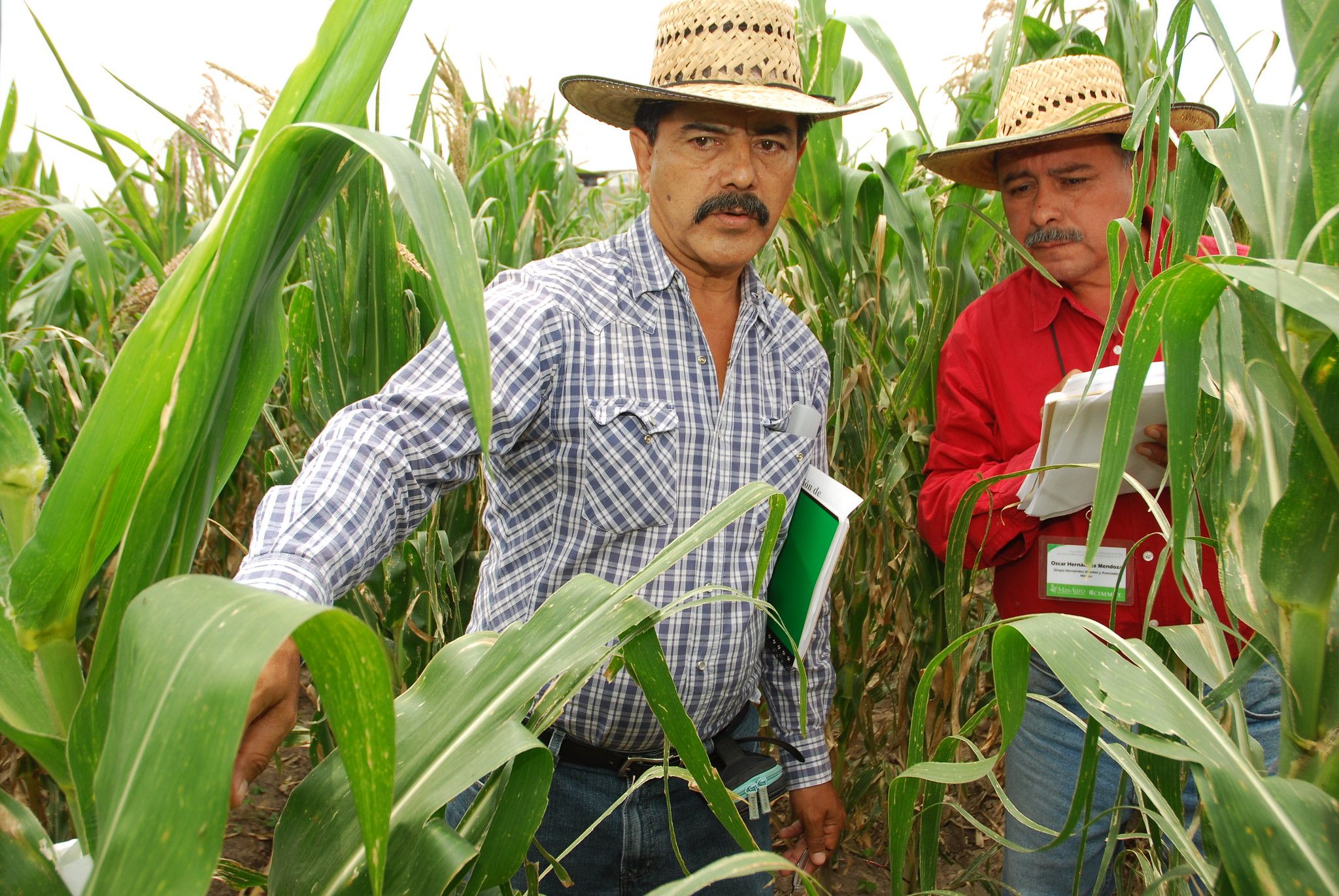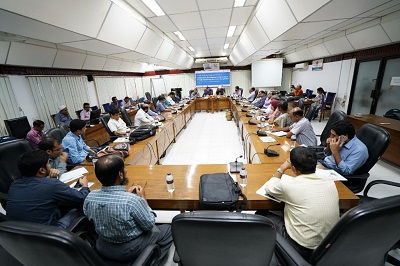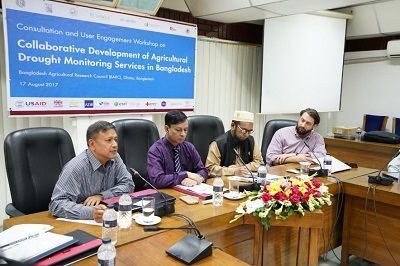Climate Services for Resilient Development in South Asia (CSRD)
Climate Services for Resilient Development (CSRD) is a global partnership that connects climate and environmental science with data streams to generate decision support tools and training for decision-makers in developing countries. Translating complex climate information into easy to understand actionable formats to spread awareness in the form of climate services is core to CSRD’s mission. CSRD works across South Asia (with emphasis on Bangladesh), the Horn of Africa (Ethiopia), and in South America (Colombia) to generate and provide timely and useful climate information, decision tools and services. In South Asia, CSRD focusses the development, supply and adaptation of agricultural climate services to reduce vulnerability by increasing resiliency in smallholder farming systems. These goals are strategically aligned with the Global Framework for Climate Services.
Project description
CSRD in South Asia aims to have the impact by increasing climate resilient farm management, indicated by increased use of climate services and climate information to inform farmers on how to better manage their production systems. CSRD also aims to develop and validate models for agricultural climate services that can be replicated in other regions with similar farming systems and climate risks, while also fine-tuning weather and climate advisories to be most useful to farmers’ decision-making. A series of sustained contributions to CSRD’s Action and Learning Framework Pillars 1-4, detailed below, are envisioned as major project outcomes:
- Pillar 1: Create the solution space:
CSRD works to establish a problem-focus, to engage key stakeholders, to create a platform for sustained communication and collaboration, and to build synergies among relevant programs. - Pillar 2: Utilize quality data, products, and tools
CSRD provides access to useful and available information and technology, and to develop tailored products and services responsive to problem-specific needs. - Pillar 3: Build capacities and platforms
CSRD supports the use of targeted products and services, and to promote sustainability, scalability, and replicability. - Pillar 4: Build knowledge
A key goal of CSRD’s work is to identify and promote good practices among the global climate services community and to support research efforts and innovation that increase the effectiveness of climate services.
Outputs
CSRD in South Asia will ultimately generate the following broad outputs and services:
- A strengthened enabling environment for the generation, uptake, and use of weather and climate services to support resilient agricultural development.
- National and sub-national strategies for climate services in Bangladesh supported by more effective, user-focused decision support and communications strengthened systems.
- Improved data and infrastructure and communications capacity to support long-term improvements to the generation of agricultural climate services.
- Improved knowledge, products and services strengthened by global collaboration and interdisciplinary research.
Download the report summarizing CSRD activities, achievements, and challenges during the first year (from November 2016 through December 2017).
The CSRD consortium in South Asia is led by the International Maize and Wheat Improvement Center (CIMMYT) in partnership with the Bangladesh Meteorological Department (BMD), Bangladesh Department of Agricultural Extension (DAE), Bangladesh Agricultural Research Council (BARC), Bangladesh Agricultural Research Institute (BARI), International Center for Integrated Mountain Development (ICIMOD), International Institute for Climate and Society (IRI), University de Passo Fundo (UPF), and the University of Rhode Island (URI). This consortium provides strength and technical expertise to develop relevant climate products that can assist farmers and other stakeholders with relevant information to improve decision making, with the ultimate goal of increasing resilience to climate-related risks. The CSRD consortium also works to assure that climate information can be conveyed in ways that are decision-relevant to farmers and other agricultural stakeholders.
As a public-private partnership, CSRD is supported by the United States Agency for International Development (USAID), UK AID, the UK Met Office, the Asian Development Bank (ADB), the Inter-American Development Bank (IDB), ESRI, Google, the American Red Cross, and the Skoll Global Threats Fund.


